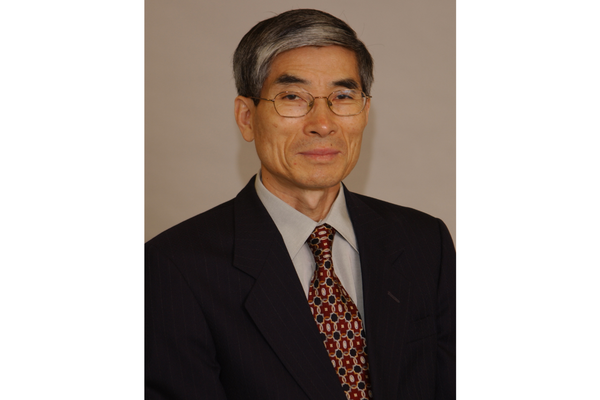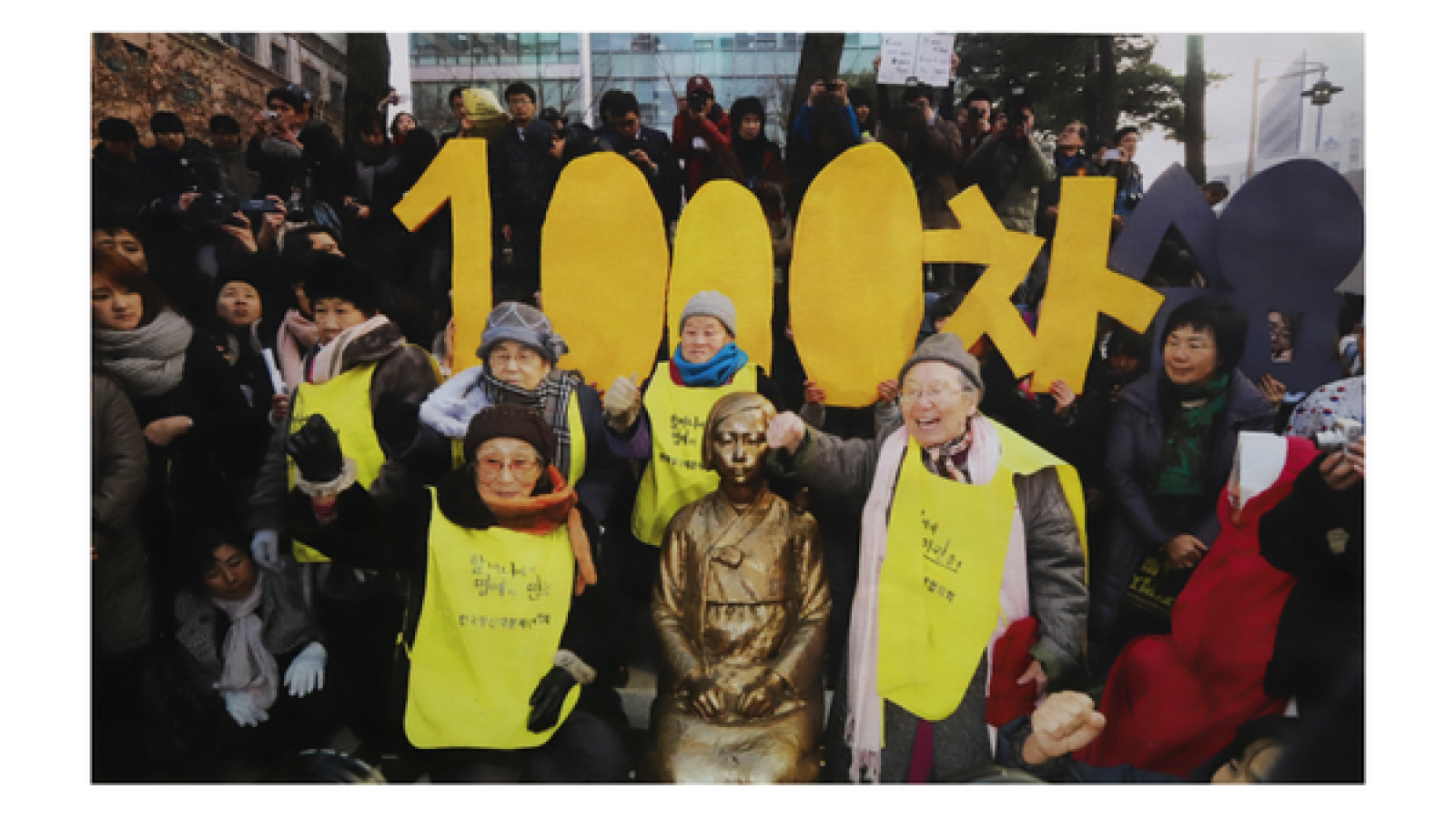
The Institute for Korean Studies and Department of East Asian Languages and Literatures Present:
"Japanese Military Sexual Slavery, International Laws, and the Japanese Government’s Rejection to Take Responsibility"
Pyong Gap Min
Queens College
Abstract: It is thirty-two years since the Korean Council for the Women Drafted for Military Sexual Slavery by Japan started the redress movement for the victims of Japanese military sexual slavery. The redress movement has received strong support from international human rights organizations, many Japanese citizens, many American college students, and many politicians in the United States and other Western countries. But the Japanese government has not resolved the “comfort women” issue yet. The major issue in resolving the issue is whether the “comfort women” system was sexual slavery or not. The Korean Council convinced international human rights organizations, American college students, many Western countries’ legislative branches mainly using Korean “comfort women’s” public testimonies that the “comfort women system” was sexual slavery. International human rights organizations and Western governments sent tough resolutions based on international laws to the Japanese government to resolve “comfort women” issue. The key resolutions include the Japanese government’s acknowledgement of the “comfort women” system as sexual slavery, a sincere apology and compensation to the victims, punishment of Japanese soldiers and officials responsible for the establishment and operations of the comfort women system, and taking educational measures for Japan not to repeat the crimes in the future. But the Japanese government has rejected to take responsible measures, claiming that the comfort women system was not sexual slavery. My lecture focuses on the following four: (1) providing the background information, (2) demonstrating the comfort women system as sexual slavery, (3) summarizing international human rights organizations’ judgments of the “comfort women” system as violations of international laws, and their recommendations to the Japanese government, and (4) showing the Japanese government’s rejection to take responsibility.
Pyong Gap Min is the Distinguished Professor of Sociology at Queens College and the Graduate Center of the City University of New York. He also serves as Director of the Research Center for Korean Community at Queens College. The areas of his research focus are immigration, ethnic identity, ethnic business, immigrants’ religious practices, and family/gender/women, with a special focus on Asian/Korean Americans. He is the single author of seven books. They include Caught in the Middle: Korean Communities in New York and Los Angeles (1996), the winner of two national book awards, and Preserving Ethnicity through Religion in America: Korean Protestants and Indian Hindus across Generations (2010), the winner of three national book awards. He published Korean Comfort Women: Military Brothels, Brutality, and the Redress Movement in 2021. His new book, Transnational Cultural Flow from Home: Korean Community in Greater New York, will be published in December 2022. His 14 edited or co-edited books include Encyclopedia of Racism in the United States (2005). He received the Distinguished Career Award from the International Migration Section in 2012 and the Contribution to the Field of Study Award from the Section on Asia and Asian America of the American Sociological Association.

